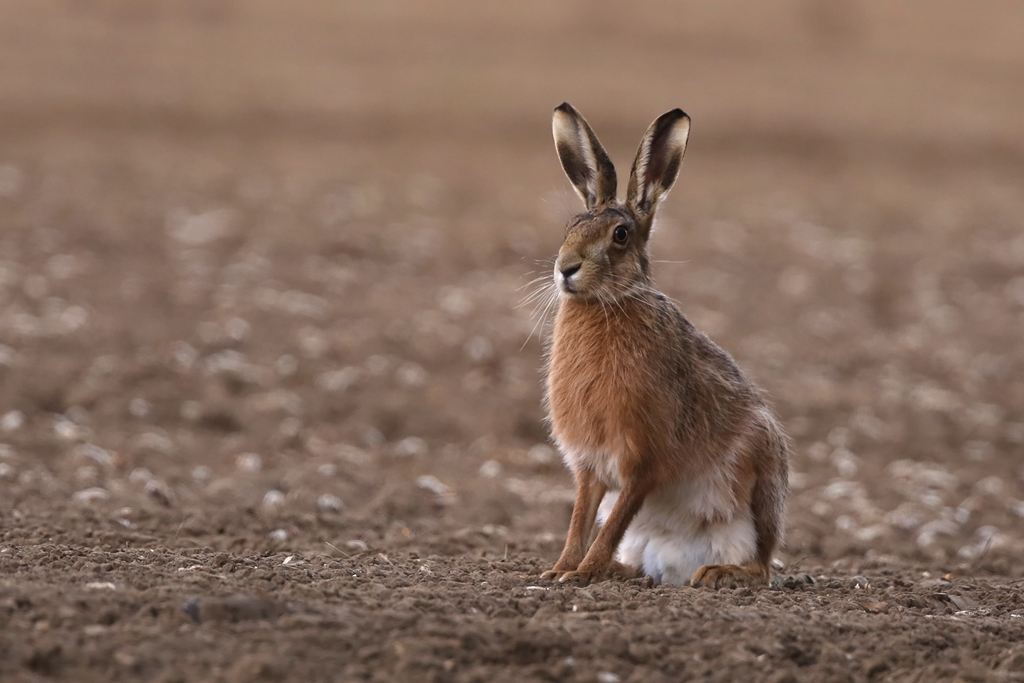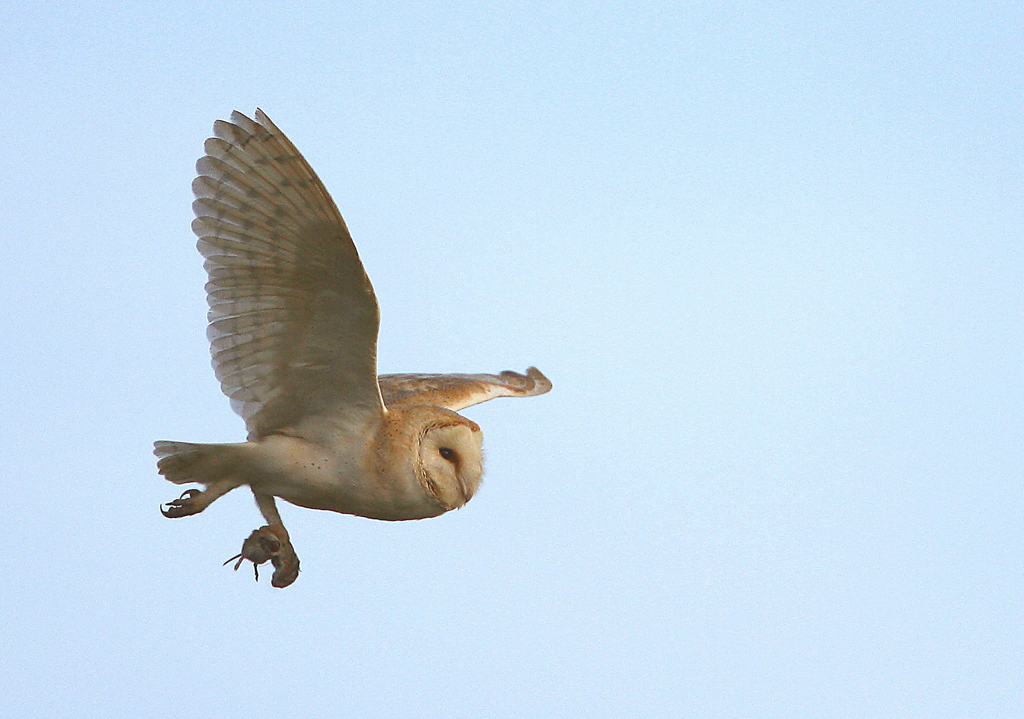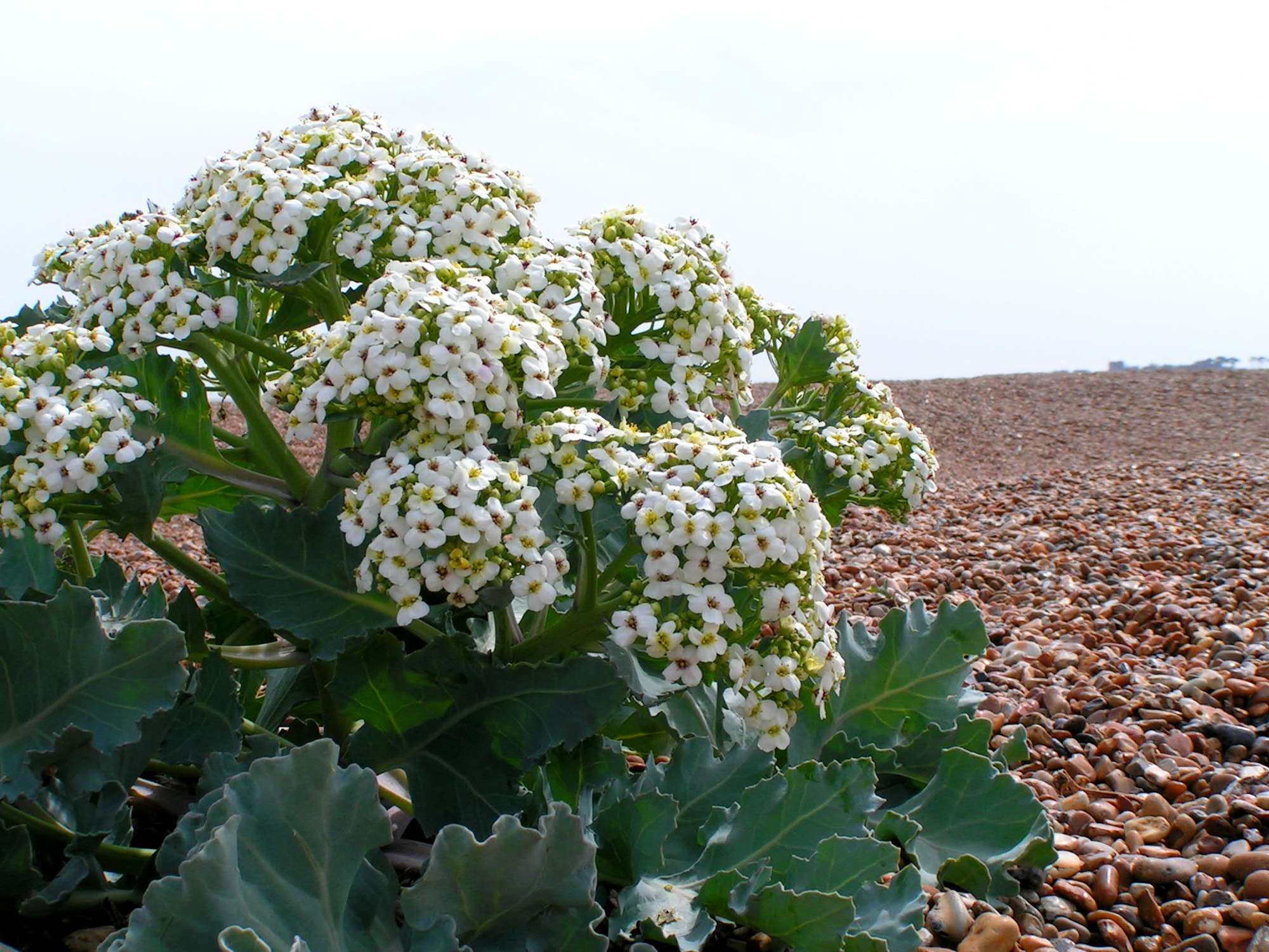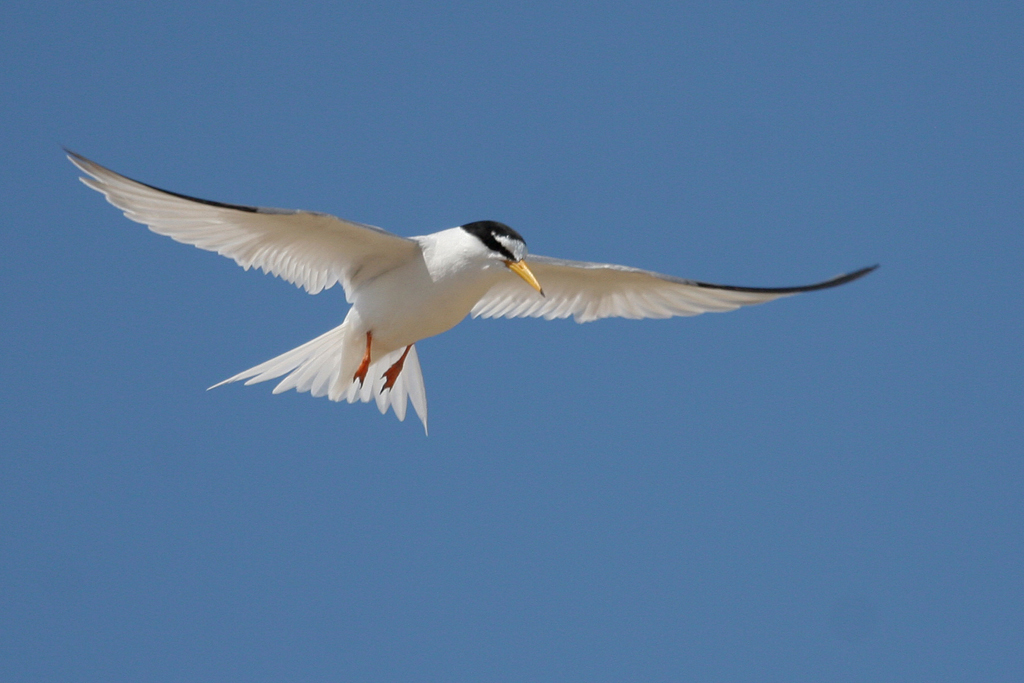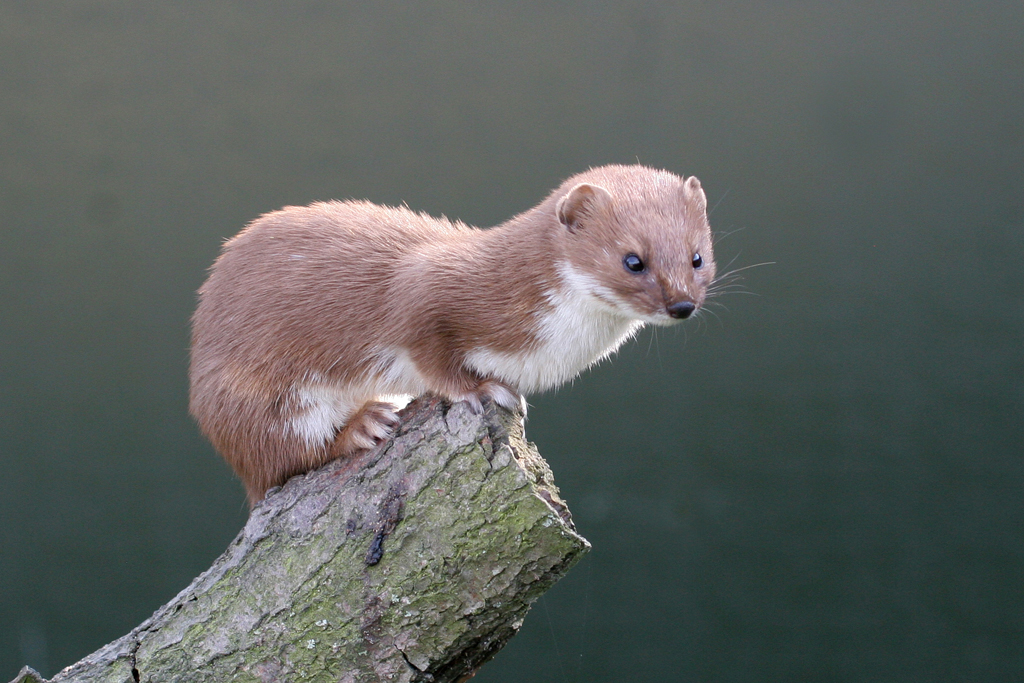Village Voices Nature Note: Silver Linings
01 May 2020
I took my usual daily walk yesterday, rambling along familiar paths and enjoying the sights and sounds of another spring. Everything was the same, but nothing was the same.
First there was the bird song. From a blackthorn clump a blackcap was singing – a lovely clear fluting, as pure as a mountain stream. In the background was the softer trill of a tree-creeper, rounded off with a sweet little flourish at the end, like a signature. While high above, a skylark was unfurling its silken chain of song in never-ending spirals. What was so wonderful was how distinct and well-defined all these and the other bird songs were, with no traffic, mechanical or plane noise to mask and muffle them. Recent research has shown that some birds can no longer breed close to motorways, for example, because they simply can’t hear their own songs. But in this new, pre-industrial silence they are pouring their hearts out.
Toads are now slithering their way over country lanes to their spawning ponds without risking the usual mass carnage from commuter traffic. Hedgehogs too can scuttle across to the nearest garden in safety. In big cities like London, the greatest and almost immediate change is in the improved air quality, now that we’ve temporarily stopped pumping tons of noxious carbon- dioxide into the atmosphere. And we read that in Venice the waters in the canals are running clear for the first time in living memory and shoals of fish are miraculously re- appearing in them, while swans glide serenely under the bridges. In the Welsh seaside town of Llandudno, wild goats have come down from the hills and are wandering through empty streets to browse in the town parks. Even our Nature Reserves are closed to Homo sapiens and really will be ‘reserved for nature’ for the duration. Wildlife everywhere is flourishing in glorious abundance in our absence. ‘Full many a flower will bloom to blush unseen / and waste its sweetness on the desert air’, as the poet Thomas Gray put it. Yes, so they will, but ‘waste’? I don’t think so. One can sense the whole earth breathing again with relief.
What about us? Will we be re-wilded too? A lot of people are certainly finding great solace and delight in nature, often for the first time in their busy and distracted lives. But will we remember this when it’s all over? Silver linings come with golden opportunities. This crisis has bought us some time, but the next one will soon be upon us. We know what it is and we know it’s coming – it’s the climate crisis.
Will everything stay the same or will something change?
First there was the bird song. From a blackthorn clump a blackcap was singing – a lovely clear fluting, as pure as a mountain stream. In the background was the softer trill of a tree-creeper, rounded off with a sweet little flourish at the end, like a signature. While high above, a skylark was unfurling its silken chain of song in never-ending spirals. What was so wonderful was how distinct and well-defined all these and the other bird songs were, with no traffic, mechanical or plane noise to mask and muffle them. Recent research has shown that some birds can no longer breed close to motorways, for example, because they simply can’t hear their own songs. But in this new, pre-industrial silence they are pouring their hearts out.
Toads are now slithering their way over country lanes to their spawning ponds without risking the usual mass carnage from commuter traffic. Hedgehogs too can scuttle across to the nearest garden in safety. In big cities like London, the greatest and almost immediate change is in the improved air quality, now that we’ve temporarily stopped pumping tons of noxious carbon- dioxide into the atmosphere. And we read that in Venice the waters in the canals are running clear for the first time in living memory and shoals of fish are miraculously re- appearing in them, while swans glide serenely under the bridges. In the Welsh seaside town of Llandudno, wild goats have come down from the hills and are wandering through empty streets to browse in the town parks. Even our Nature Reserves are closed to Homo sapiens and really will be ‘reserved for nature’ for the duration. Wildlife everywhere is flourishing in glorious abundance in our absence. ‘Full many a flower will bloom to blush unseen / and waste its sweetness on the desert air’, as the poet Thomas Gray put it. Yes, so they will, but ‘waste’? I don’t think so. One can sense the whole earth breathing again with relief.
What about us? Will we be re-wilded too? A lot of people are certainly finding great solace and delight in nature, often for the first time in their busy and distracted lives. But will we remember this when it’s all over? Silver linings come with golden opportunities. This crisis has bought us some time, but the next one will soon be upon us. We know what it is and we know it’s coming – it’s the climate crisis.
Will everything stay the same or will something change?
Jeremy Mynott




